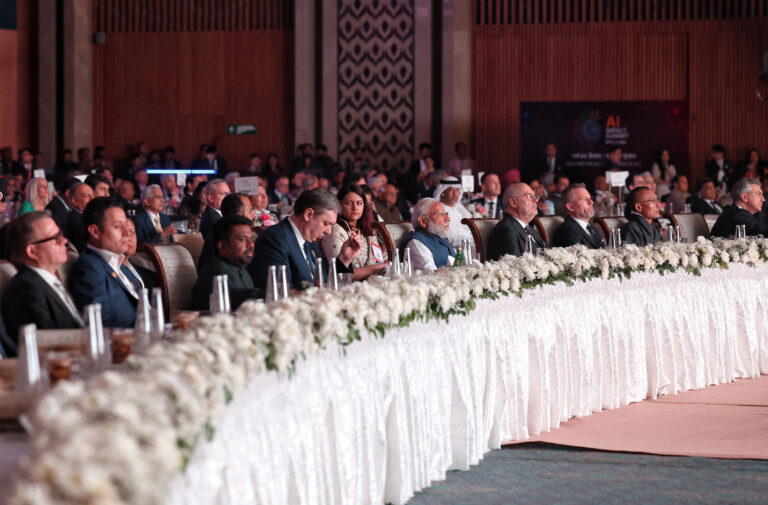
Spotlight
 By Venkatesh Raghavan
By Venkatesh Raghavan
Having agreed to resolve the diplomatic row that resulted in the French ambassador being recalled from Washington on September 18, 2021, American President Joe Biden and his counterpart in France, Emmanuel Macron sounded a positive note post a telephonic conversation that was recently held between the two leaders. It stated that both sides will arrive at a shared understanding on all contentious issues including the proposed sale of submarines that could be fitted with nuclear warheads to Australia.
Consequently, French ambassador Philippe Etienne will return to the US and resume duty sometime early next week, announced Macron. The diplomatic row was triggered soon after both the United States and U.K. pitched in favour of helping Australia acquire submarines capable of being fitted with nuclear warheads. France took umbrage to this deal, perceiving it as a rude interruption in the longstanding agreement it had with Australia for supply of submarines.
The Western powers in favour of the deal along with Australian Prime Minister Scott Morrison pronounced the deal as a means to curb the threat perception emanating from the nuclear capabilities of socialist China in the east. The White House statement also emphasized that the United States was keen on ensuring a strong and capable European Defence system being put in place. It will serve to complement the NATO powers achieving both transatlantic and global security, it stated. The statement that caused much ire in top echelons of the French government was Morrison’s observation that conventional submarines (meaning the diesel powered ones from France) were unsuitable for Australia’s operational needs. According to their initial plan, Australia had agreed to purchase diesel powered submarines from a French private manufacturer. The disruption in this arrangement is the cause of the French government’s acerbic reaction, more so as it complained it was kept in dark.
The recent 30-minute conversation between Biden and Marcon was compounded by attempts from British premier Boris Johnson to placate the French leader by stating, “It’s time to move on.”
Meanwhile, there were internal White House communications that highlighted the risks posed by Asian neighbours, China and Russia developing early versions of hypersonic weapons to the US naval fleet. A Chinese spokesperson expressed the view that their focus on hypersonic weapons was to ensure that the United States defence missile systems will be thwarted from denying China the option of carrying out retaliatory strikes in the event of a war situation. Russian President Vladimir Putin too echoed the sentiment in a recent observation that hypersonic defence weapons will help the Asian bloc to maintain strategic stability and balance in the event of a war situation.
The purported arms race situation that involves the US, Russia and China is also expected to rub off on other countries seeking to enhance their capabilities strategically in the event of any escalating war perceptions. India for one and also Australia are expected to pitch in favour of coming out with hypersonic weapons, joining the arms race in the process.
As of now, the US and French diplomats are busy chalking out a more favourable circumstance that could result from protracted discussions between France and the countries involved in the trilateral defence agreement. Biden and Macron made a recent joint statement that they valued the strategic significance of allied French and European military capabilities for the Indo-Pacific region.





